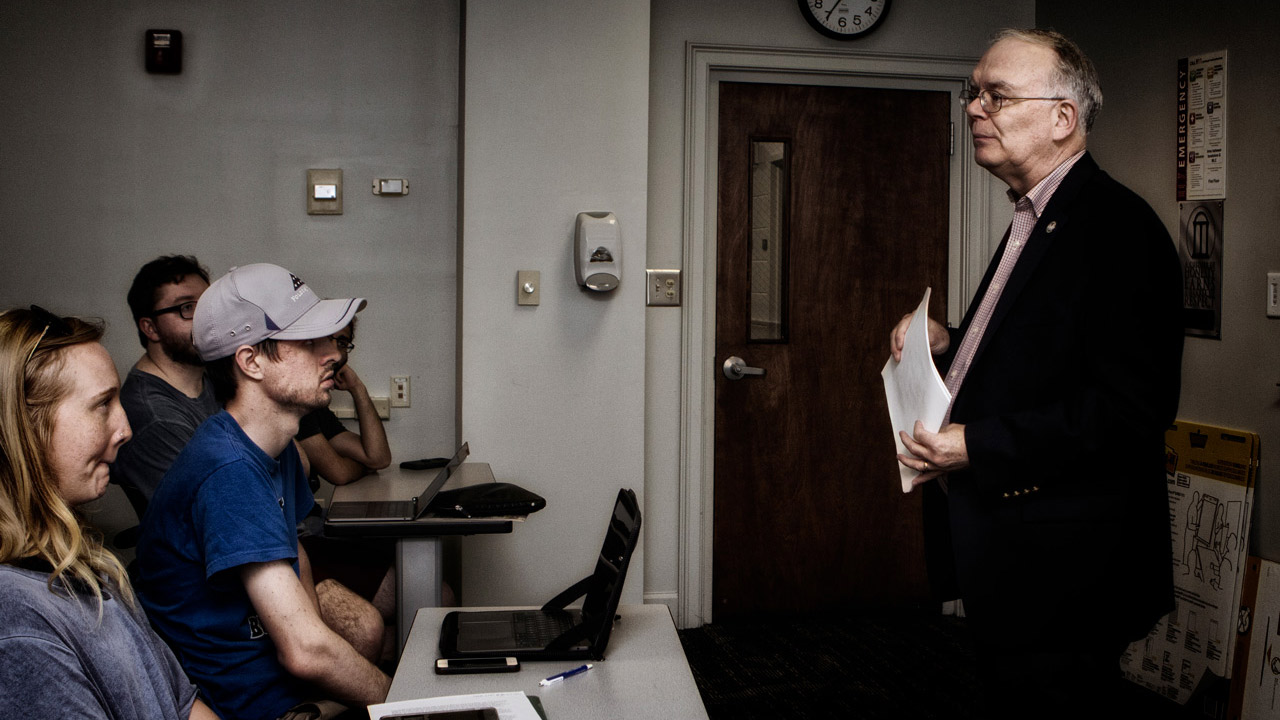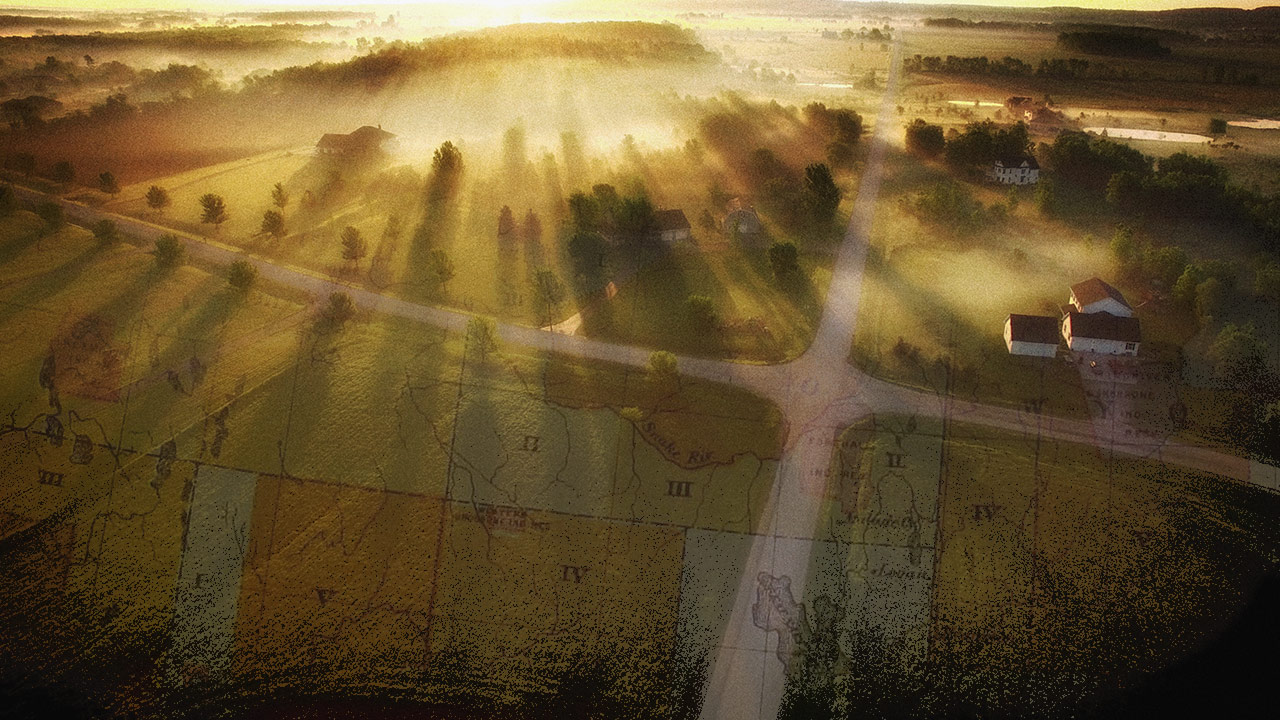Modernizing the Bureau of Labor Statistics for the future of work
Robust data from federal statistical agencies informs the policy decisions that will define economic health for decades to come
Guest post from the American Statistical Association
Sept 1, 2020
The 13 Federal statistics agencies are, in a sense, the nation’s doctors. Through collecting data, they measure the pulse of the economy, the performance of its schools, the condition of its population. Without their work, we do not know who we are, how we are doing, or where we are going.
For the nation to know itself, these agencies must be adequately funded. They are not. Want to know how AI and robotics is transforming the economy? Good luck with that.
But there is more to our collective future than collecting the right data. The data must be accessible and comprehensible and usable.
STATS for US is an ongoing project to explain the value of government statistics, how they can be used, what we risk by not collecting data, and what we can gain by designing data for democracy.
Economic statistics

Job-devouring robots or faithful droids?
A decade of underfunding the Bureau of Labor Statistics means we don’t know what’s shaping the future of work in the U.S. economy.

The challenge to understanding labor statistics
For one journalism professor’s students, the Bureau of Labor Statistics is the path to enlightenment. They just need “intestinal fortitude” to get there.

Why government needs to design for democracy
Bureau of Labor Statistics data is immensely valuable to journalists but difficult to access; we ask a UX expert for help.

How data journalism helped power a rural broadband revolution
One small magazine, one semi-retired reporter, and an award-winning series of studies using federal statistics that showed why broadband was critical to rural survival.
